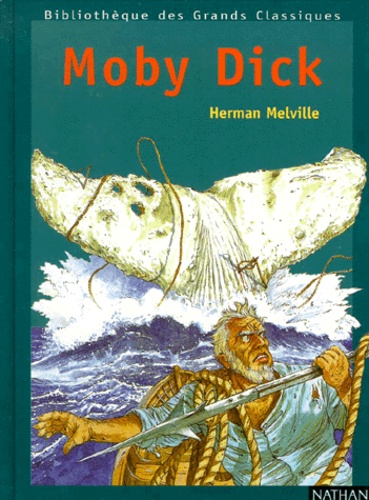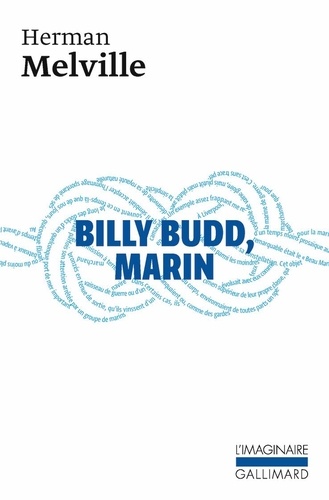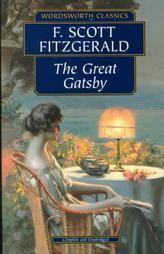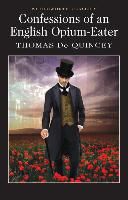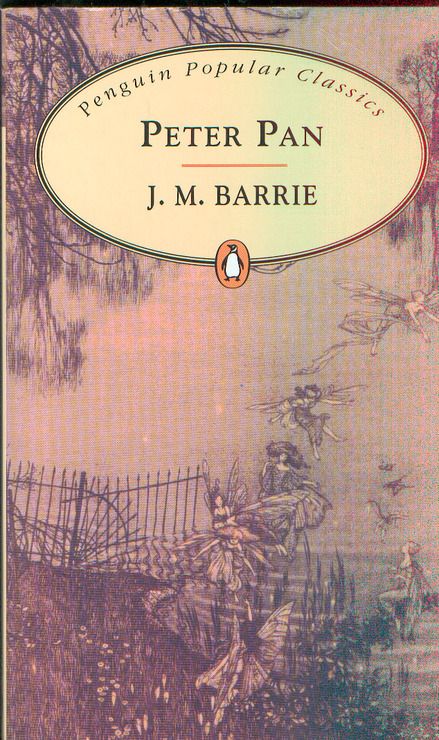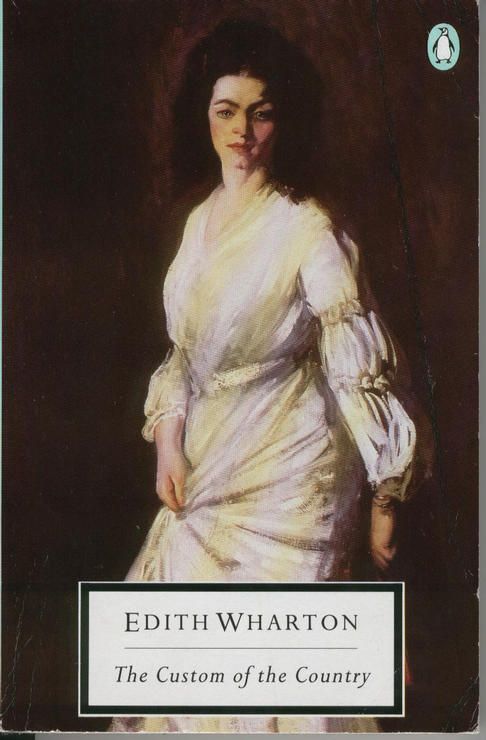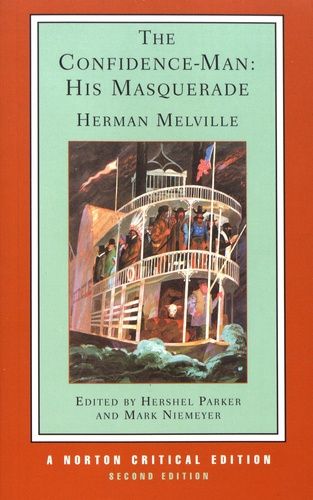
The Confidence-Man: His Masquerade
Herman Melville
Très bon état - 3.90 € - 2.00 €
Retrait sur place : Lundi 05/05/2025 - 14h00
Livraison chez vous ( Colissimo ) : Mercredi 07/05/2025
En point relais : Mercredi 07/05/2025
Livraison chez vous ( Colissimo ) : Mercredi 07/05/2025
En point relais : Mercredi 07/05/2025
In the exuberant allegorical The Confidence-Man (1857) Herman Melville incisively scrutinizes American confidence that the theological concept of "total depravity" may safely be abandoned. As the Mississippi steamboat Fidèle (Faith) goes downriver on April Fool's Day, the Devil, appealing for confidence, engages passengers in dizzying philosophical, social, and religious disquisitions. In 1851, overconfident that Moby-Dick would be popular, Melville was plunged into debt ; and as he wrote The Confidence-Max, a creditor was threatening to seize his farm. Fundamentalist religious attacks on his earlier books had driven Melville to identify with victims of religious persecution, a bond that would be further strengthened with the publication of The Confidence-Man. Because knowledge about Melville has been transformed since the first Norton Critical Edition (1971), this Second Edition is sweepingly revised. The text is accompanied by lavish new explanatory annotations of biblical, classical, and historical allusions, and many new essays place the book in its rich historical context. Classic essays retained from 1971, notably John W. Shroeder's, gain fresh impact from juxtaposition with new studies. Eight of the nineteen "Contemporary Reviews" are new to this edition, some only fairly recently discovered. "Biographical Overviews" provides reports from Hershel Parker, Johannes Dietrich Bergmann, Dennis Marnon, Stephen D. Hoy, and Jonathan A. Cook. Essays in "Sources, Backgrounds, and Criticism" explore aspects of antebellum American life central to The Confidence-Man - utopias, sects, cults, and cure-alls, Transcendentalism, the Devil in the Bible and popular literature, and the stark phenomenon of Indian hating. Controversial pieces by Melville himself mix with controversial pieces by his friends Nathaniel Hawthorne, Dr. John Wakefield Francis, and Orville Dewey. Modem contributors include Carl Van Vechten, Elizabeth S. Foster, Susan M. Ryan, Patricia Cline Cohen, and Margaret Coel. A Selected Bibliography is also included.
| Genre | Littérature |
| Éditeur | Norton & Company |
| Collection | Norton Critical Edition |
| Format | Grand Format |
| Dimensions | 13*21*2.5 cm |

